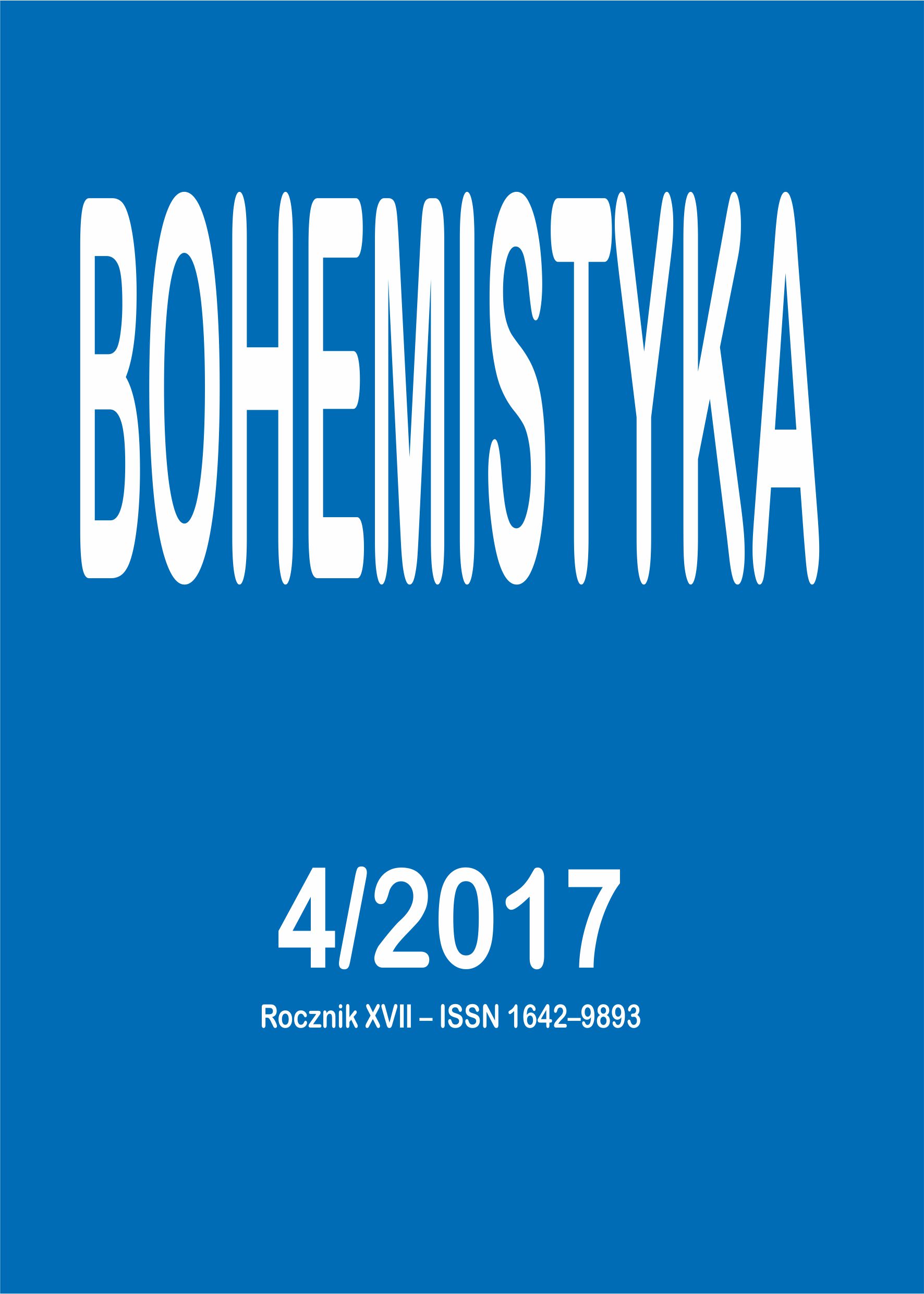Falešná argumentace a verbální agrese v politické komunikaci
Fallacies and verbal aggression in political discourse
Author(s): Jindřiška SvobodováSubject(s): Language studies, Language and Literature Studies, Western Slavic Languages
Published by: Uniwersytet Adama Mickiewicza
Keywords: aggressivity; argumentation; verbal aggression; im/politeness; rudeness; offense; personal identity attack; self presentation; dehonestation
Summary/Abstract: The paper deals with the phenomenon of verbal aggression treated as a specific feature of communication in interpersonal exchanges and in mass media as well as in political discourse. The aggression in the socio-psychological sense is based in instinctive self-defense (or defense of one´s own territory); seen in the broader framework of social interaction, aggressive communication occurs in two forms: a/ as a hostile aggression which is impulsive, driven by anger and primarily aiming at harming the target; b/ as an instrumental aggression which is premeditated as a means of retaliation or obtaining some goal. Analyses of dialogues should demonstrate that the aggressive/openly offensive communication can be seen not just as a borderline case of impoliteness but, more accurately, as a parallel phenomenon, a communicative strategy which can use vulgarities but can dispense with them as well. An offensive and inconsiderate communicative strategy does not necessarily imply openly vulgar communication or the usage of derogatory language. On the other hand, using argumentative fallacies, i.e. arguments ad hominem rather than ad rem, may belong to the examples of inconsiderate and offensive communication strategies.
Journal: Bohemistyka
- Issue Year: XVII/2017
- Issue No: 4
- Page Range: 317-332
- Page Count: 16
- Language: Czech

